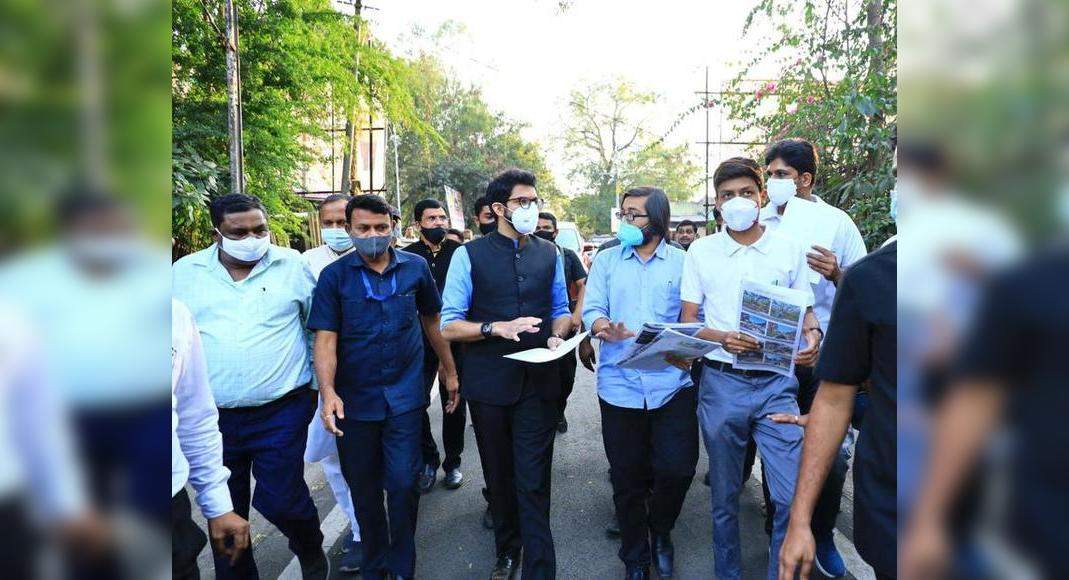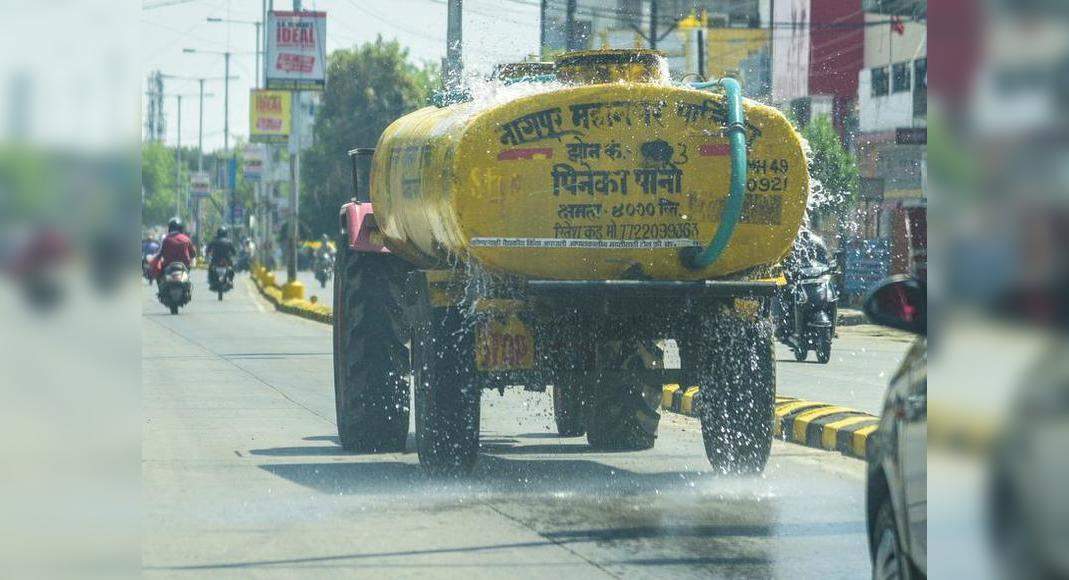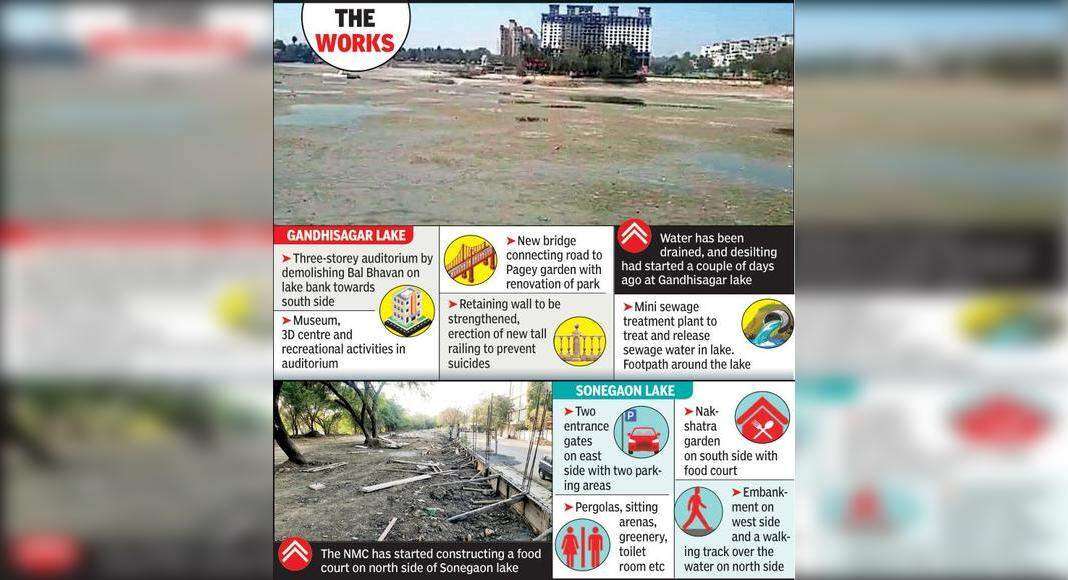The Academy of Medical Sciences (AMS), formed over 50 years ago in the city, is a society of multiple specialists under one umbrella.
It has 2,200 doctors.
Such a society across the country is unique, says its president Dr Ravindra Sarnaik.
In 1967, the society was initiated with the vision to bring different specialists on one interactive platform to facilitate communication, understand challenges, educate doctors and promote publishing work in reputed journals.
Dr Sarnaik, a well-known pulmonologist, is also national vice-president of the Indian Chest Society(Maharashtra chapter) and chairman of the National College of Chest Physicians.
In an interview to TOI, the member of various Covid task force appointed by the court, civic body and district administration, talks about the AMS’s role amid emerging infections like mucormycosis, and the recent cluster of cases in the district.Excerpts…
Q.
What are the aims and objectives of AMS?A.
The AMS was formed to promote medical education for specialist doctors, clinical research and publication of distinguished work.
The academy encourages documentation and publication of challenging cases and surgeries in reputed scientific journals.
The city is blessed with renowned medical professionals who are making us proud across the world.
We have formed a committee for encouraging international membership for our esteemed alumni settled overseas.
Every year, many doctors from institutions are successfully making progress in various fields in different parts of the world, and doing a commendable work.
We aim to connect with them through AMS.Q.
In what way does the society help Nagpur?A.
We plan to initiate a central information system as per AMS objectives and uniformly work with plans of regulatory authorities for rural health as well as issues posed due to the long-Covid.
We shall conduct training and workshops for doctors beside community services.
Past presidents and former office bearers are actively helping us in different ways.
Various subcommittees have been formed focusing on preventive health and planning to take this forum forward.
The health and fitness committee shall sensitise members for regular health checks, guiding them regarding research advances in exercise, diet and nutrition through cyclical meetings, training and workshops.Q.
What is the role of the committee?A.
We have subcommittees with one chairman and members comprising various specialists like pulmonologist, cardiologist, paedertician, gynaecologist etc.
The subcommittee, New Emerging and Re-emerging Infection (NERI), is a special committee formed in the backdrop of the pandemic.
This has a unique objective of evaluation, analysis and creation of evidence based preparedness to face the likely medical emergencies in the community.
The NERI committee consists of experts, who are working in networking with different agencies, building up consensus and formulating solutions in available resources.
The immediate task ahead is the projected third wave of the pandemic and the principle of working is, its always good to be overprepared than underprepared.Q.
Tell us about the emerging infection? A.
The emerging infection is a important subject.
In 1999, WHO and the Centre for Disease Control had announced that the incidence of infectious disease in the human race would be the greatest health threat that has no national boundaries.
It travels across the globe in a very short time.
We have seen influenza outbreaks due to climate change.
New variants of viruses do emerge, despite attaining herd immunity and vaccination.
In short time, the novel coronavirus variants have not only emerged, but have taken over the original wild strains in a number of infections.
The old infection or it’s re-emergence has multifactorial effect/reasons and they account for public health problems.
Subcommittee will focus on preparedness for such re-emerging diseases.
With the viewpoint of CDC and WHO, it will assess and evaluate how re-emerging disease can be controlled.
Currently, we have cases of the Delta Plus variant in India.
A subcommittee shall analyse it’s likely impact in the region and give suggestions to control its spread.
Specialists will collect reliable data, assist in submitting scientific understanding thereof.
These would surely give input that can be shared with administrators as a fact check to even circulate in social media for community education.Q.
Will it run parallel to other official committees?A.
AMS is an independent NGO with own aims and objectives.
As every geographical area has its own specific local issues, the rapid action plan for comorbidities with Covid like cancer or heart disease, diabetes has to be different.
Our committee would tie up with advisors of national repute for guidance.Q.
What is the plan regarding the black fungus?A.
The government has formed a task force.
Being part of the committee, we are aware about the terms of reference.
If there is an adverse patient, we get data.
Our emerging infection committee members will study why Nagpur is one of the few cities where an unprecendented number of mucormycosis patients surfaced.
Why mucor cases increase so much and how it can be stopped next time our experts will investiage.
New infections like Delta variants spread rapidly.
By the time we think about it, it has already reached our doorsteps.Q.
How will your committees help in Covid, post-Covid?A.
Right now, every day we hold meetings on such issues.
Many of our members have already treated Covid patients and coordinated with the district task force.
Many doctors have utilized evidence-based medicine.
For example, ‘X’ medicine or therapy doctors find useful and it becomes popular leading to a shortfall.
The academy panel will prepare a document based on scientific rational to help doctors prioritise who needs it the most or how much it is useful.
The academy is not a regulatory body nor does it have statutory powers.
But scientific rational can be put up by us.
Whatever challenges we are going to face, a response will be decided.
Theoretically speaking, the second wave was 4.8 times severe than the first and had lakhs of cases.
The third wave is estimated to have 1.8 times more impact.
So we would need adequate admission or beds, and preparedness.




